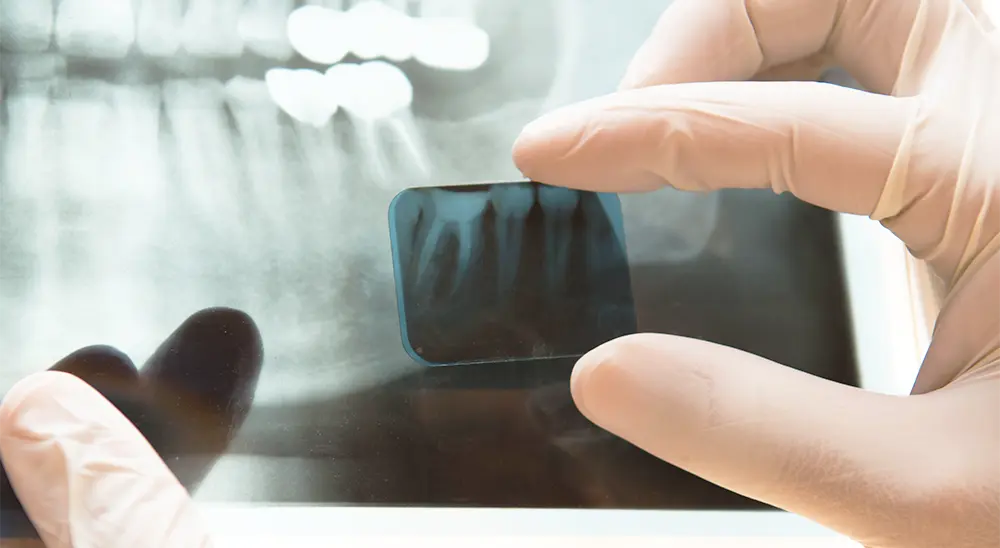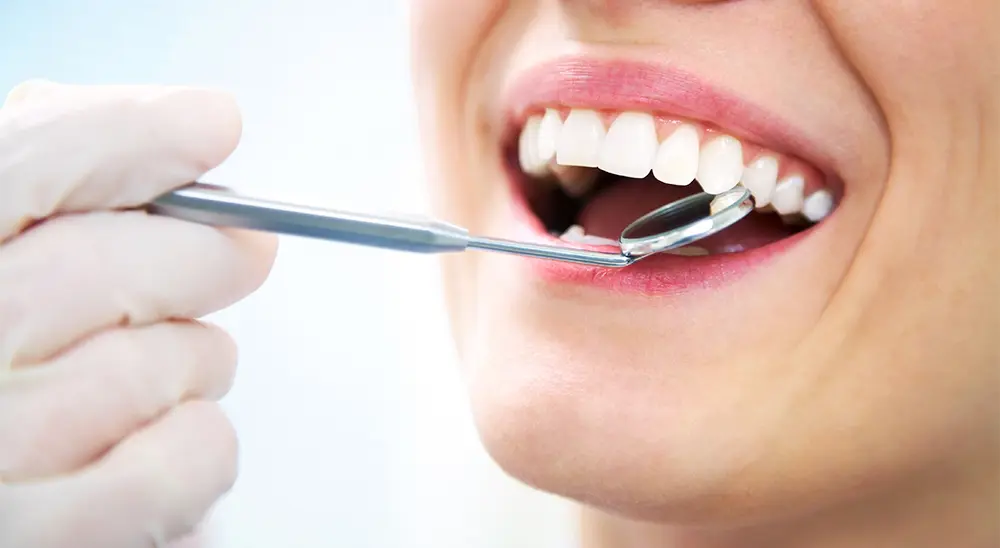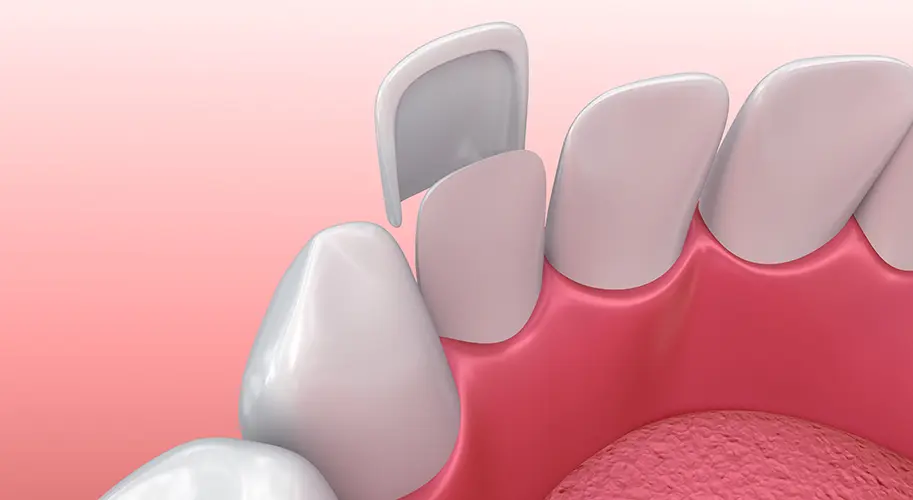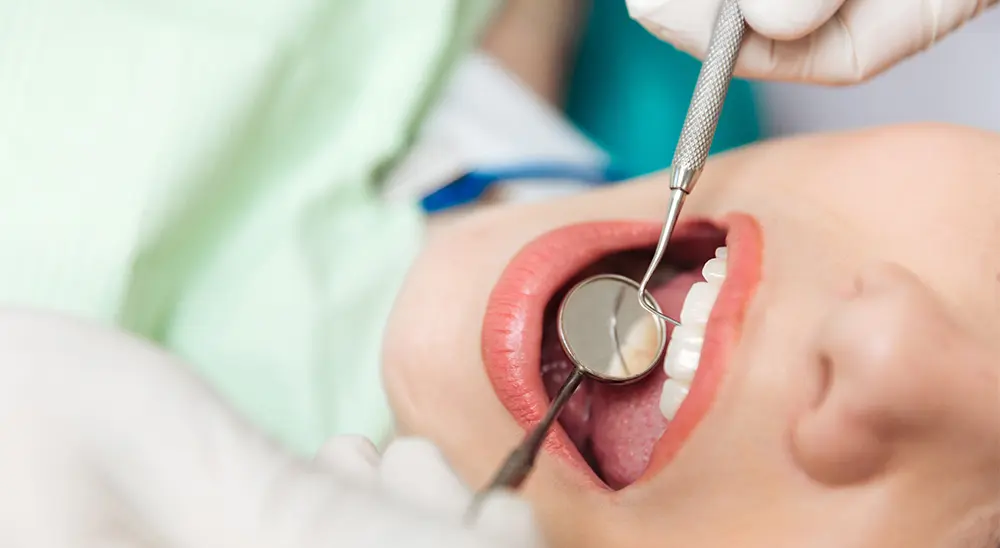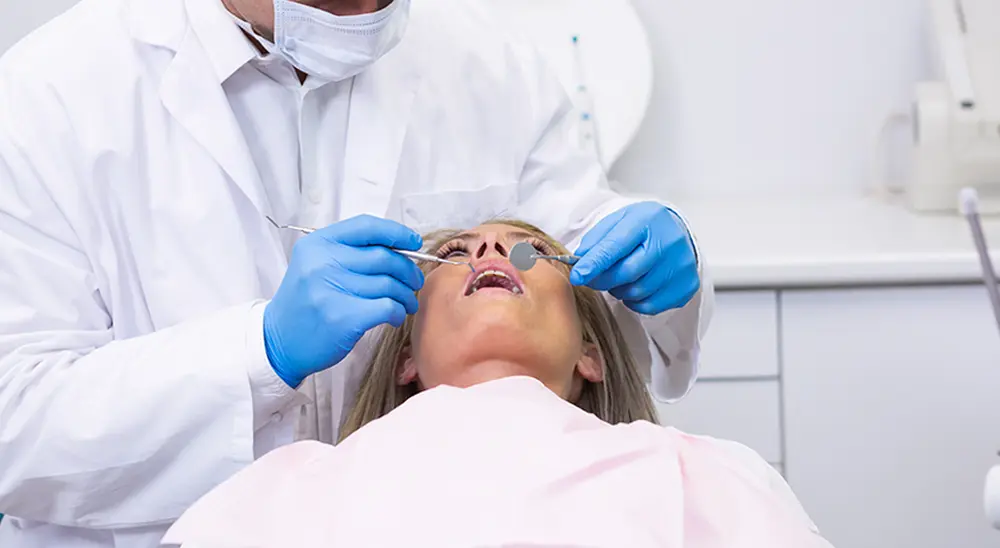
Cheap dental implants.
Why you need to be careful with them?
Dental implants are the safest and long-term alternative to replacing missing teeth, but also the most expensive, compared to bridges and removable dentures. But do you have to trust the tempting offers that promise you quality but cheap dental implants? Read in our next blog article.
Why you should not choose cheap dental implants?
1. Poor quality materials
Although the phrase “cheaper” sounds really attractive and tempting, we advise you to be especially careful when using medical services. Cheap dental implants are usually made of poor-quality materials, and this can damage not only your dental health but also your general health. After such complications, it often takes twice as much money to complete the implant treatment successfully.
Quality dental implants are made of biocompatible materials with the human body such as titanium and zirconium, which do not cause allergic reactions.
2. Poor workmanship
It is logical, when a product is cheaper, to minimize the cost of its production. It is similar to cheap dental implants. In addition to the quality of the materials, a compromise is made with the quality of the machines and the manufacturing technology, the packaging in which the implants are stored, the sterility of the room in which they are made, etc. All of these factors can lead to high risks to your health. The implant can cause infections, break, and need to be replaced.
We advise you to carefully choose and study the implant system with which your treatment will be performed, as well as to require a certificate, passport, or other document certifying the quality of the dental implants that will be placed.
3. Experience of the implantologist and good reputation of the medical institution
In the final price of dental implants, the price for their placement is usually calculated. The greater the experience of the implantologist, logically, the more expensive the procedure for placing dental implants would be. For example, if your surgeon places the implant incorrectly in the jaw (inappropriate place, wrong angle, or does not follow the protocol correctly), this will make it difficult to chew and create additional stress on the implant. Bone loss will follow. When this happens, the dental implant will loosen and create a pocket in the gums, creating enough space for food and bacteria to accumulate, and this is an “ideal” environment for infections to occur.
It is important to keep in mind that the placement of dental implants is a medical procedure that requires the skills of a certified implantologist. The manipulation is performed in a dental office and in a maximally sterile environment, so make sure that the medical institution you have chosen does not compromise on the hygiene and sterilization of the instruments.
And what are the most important questions you should ask your implantologist before starting treatment with dental implants, you can read here.



